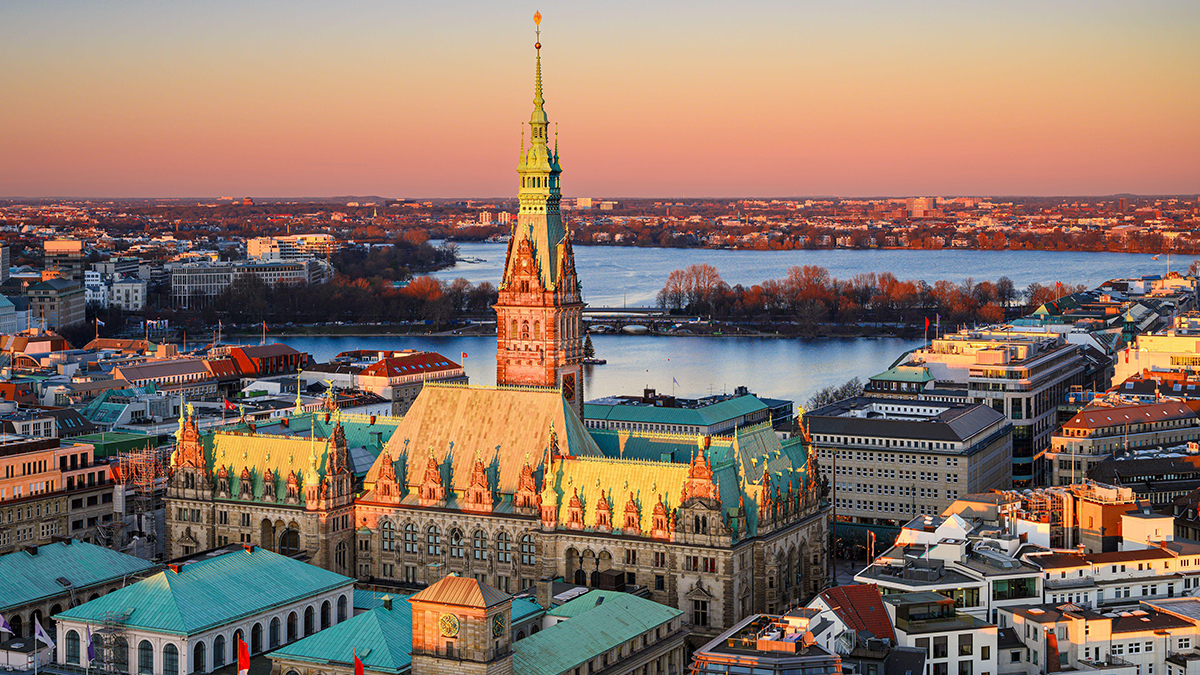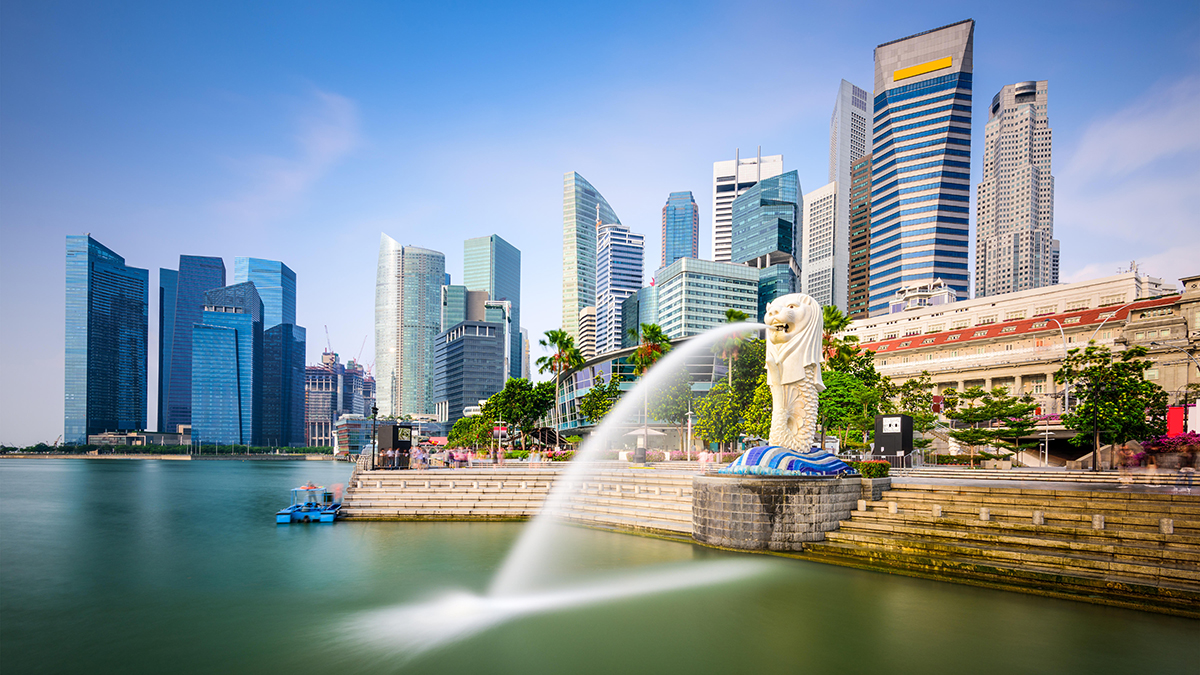Net-zero goals are creating ‘new shipping supercycle’
QBE Asia's head of marine says the region's shipping sector 'will bounce back in a very short period of time and this revival will benefit Asian economies, as well as the maritime sector in this region'
QBE Asia’s head of marine, Rama Chandran, says converting to new fuels and technology will ignite strong growth for the sector
The drive to meet net-zero targets is breathing life into a “new shipping supercycle”, according to QBE Group’s head of marine in Asia.
In an interview with Insurance Day, Rama Chandran says this cycle has already started, with Asia-Pacific shipyards adapting to new fuels and technologies. He expects “the full benefit” of the supercycle to happen between 2030 and 2050.
The Asia-Pacific marine insurance sector is generally in a strong position, Chandran says, with few downside risks visible on the horizon.
“I think, overall, the market has sufficient capacity to meet most of the requirements internationally from Asia-based asset owners,” he says, adding he expects the region to make up a growing share of global marine premiums in coming years, pointing out it accounts for 28% of the total at present.
The recent slowdown in the Chinese economy – a consequence of the Covid-19 pandemic and the collapse of several property developers – has not had a significant impact on the region’s marine sector. “We are quite confident the sector will bounce back in a very short period of time and this revival will benefit Asian economies, as well as the maritime sector in this region,” Chandran says.
Chandran has led QBE marine operations in Asia since 2015. A former marine engineer, he was also head of marine at Asia Capital Re between 2007 and 2015.
Bluewater green future
In a 2023 policy document, the International Maritime Organization (IMO) stipulated the shipping sector should achieve net zero by around 2050. Interim goals require the sector to reduce greenhouse gas emissions at least 20% from 2008 levels by 2030, rising to an at least 70% drop by 2040.
Reaching net zero requires adopting new technologies, construction methods and – perhaps most importantly – marine fuels. New merchant marine vessels may run on hydrogen-based fuels, which include hydrogen itself (H2) and ammonia (NH3). Alternatively, they may use biofuels like methane derived from non-fossil organic matter.
So far, shipbuilders are still building vessels to run on fossil fuels. According to IMO figures, less than one in 20 of ships on order is meant to run on alternative fuels, usually methane.
“I think from a shipping side, clarity is far more certain… [with] land-based infrastructure, I think there are still some question marks in terms of how quickly all these can be delivered by the time we get to 2030”
Rama Chandran
QBE Asia
Chandran says Asia-Pacific shipyards, which dominate global shipbuilding, are already preparing to build new kinds of vessels running on new types of fuels. He highlights that north-east Asia’s leading economies – China, Japan and South Korea – hold a 96% market share between them. In Singapore, port authorities are converting harbour vessels to electric power.
The shore-based facilities necessary to support a low-carbon merchant marine are developing more slowly. “I think from a shipping side, clarity is far more certain,” Chandran says, but with “land-based infrastructure, I think there are still some question marks in terms of how quickly all these can be delivered by the time we get to 2030”.
Geopolitical weather
The few downside risks Chandran identifies are armed conflicts and international tensions. In the past year the most visible of these has been the attacks by Yemen’s Houthi faction on ships passing through the southern approaches to the Red Sea.
The Armed Conflict and Location Event Data project counts more than 90 Houthi attacks on commercial vessels between November 2023 and May 2024.
Some shipping companies are avoiding the area, “but there is no lack of capacity in terms of transiting through the Red Sea and to Suez as well at this point in time”, Chandran says. “The capacity is still available for shippers who need to go through that route.”
The QBE executive adds insurers are monitoring the Russia-Ukraine conflict and China-Taiwan tensions. Relations in the South China Sea between China and its south-east Asian neighbours – which have resulted in clashes between Chinese and Philippine vessels – are more of a military concern at the moment, Chandran says.


